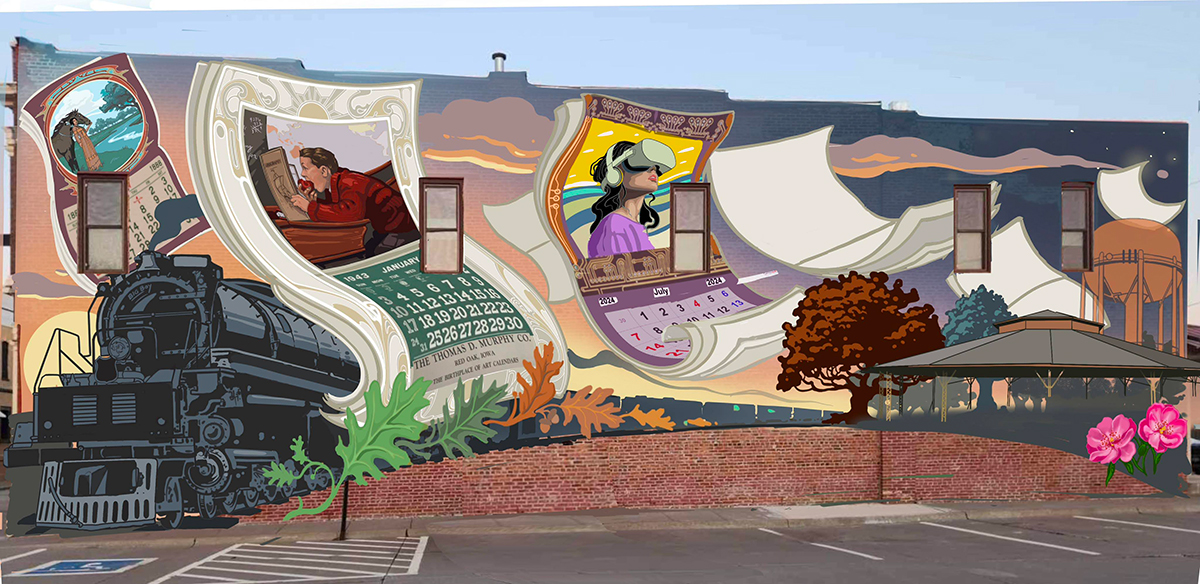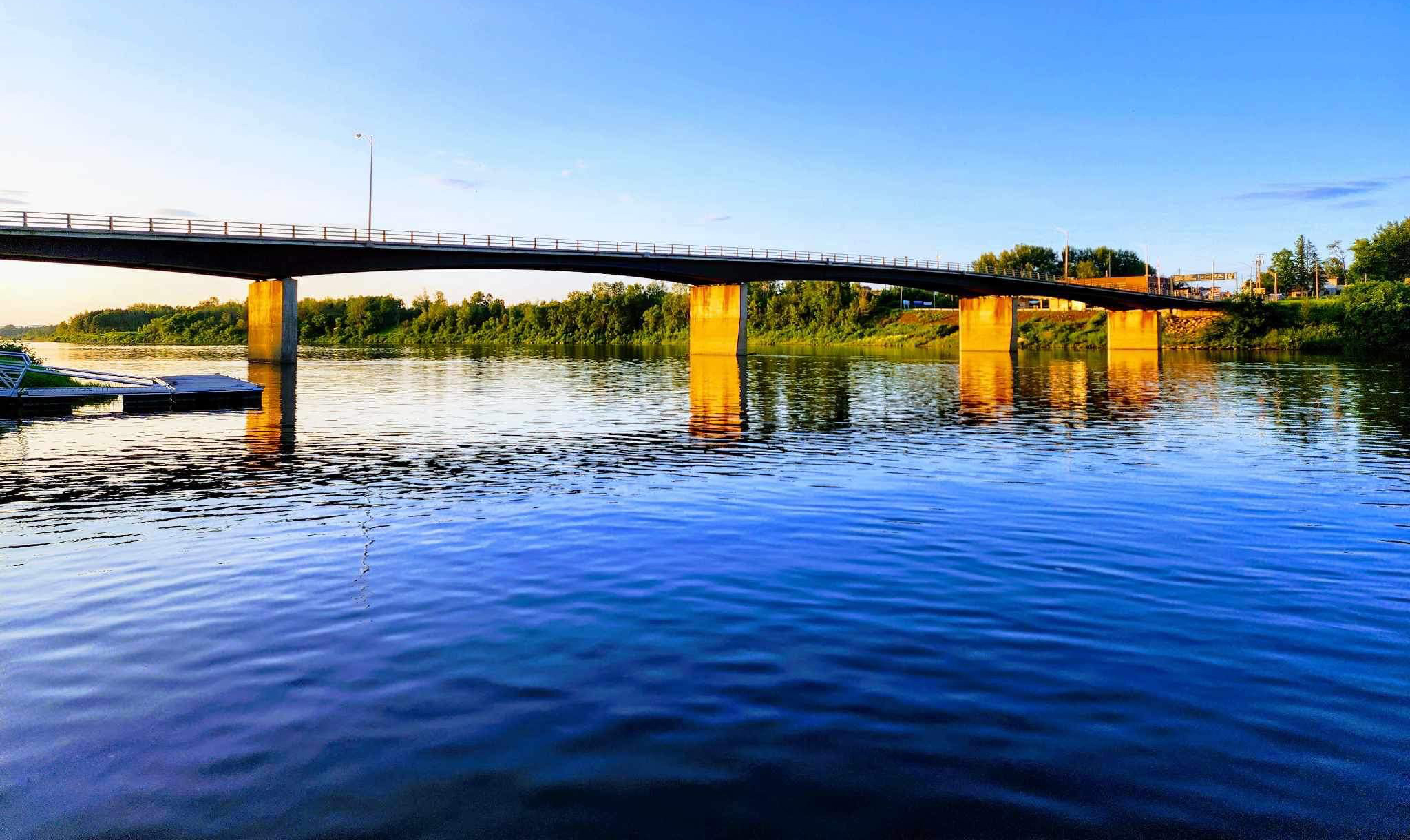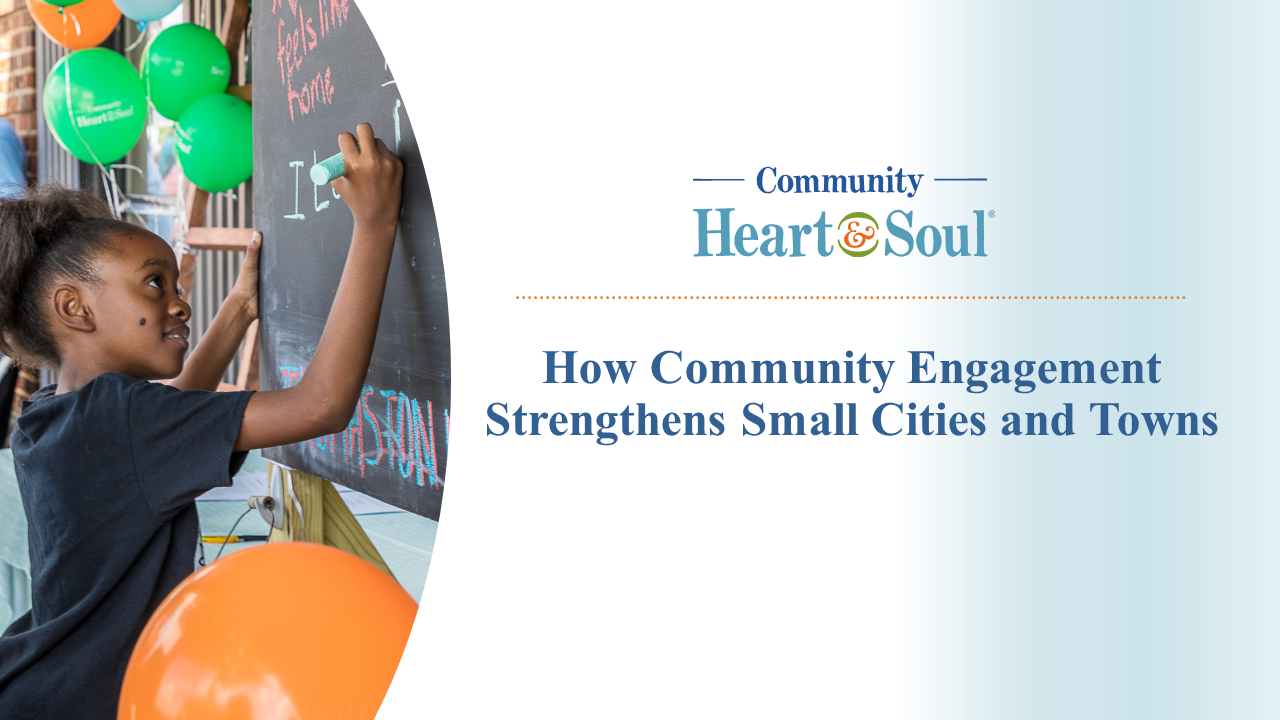Strengthening Community in a Post-pandemic State of Being
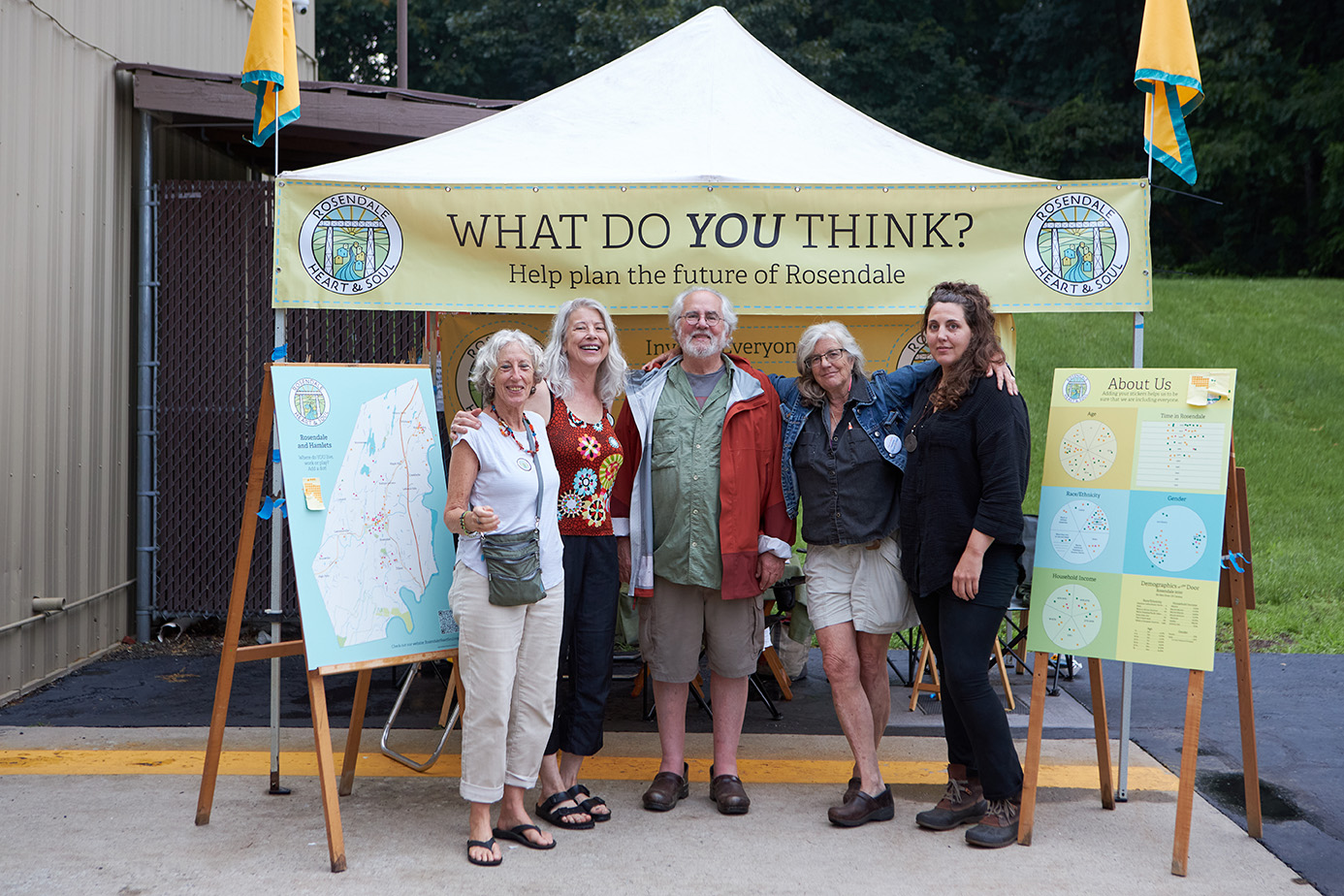
New Yorkers have a certain bold energy and efficiency that is striking, and not necessarily NYC-centric. It is exciting to witness that sense of purpose in action. Which makes the town of Rosendale, approximately two hours north of NYC in the Hudson River Valley, so inspiring as its residents make headway with their Community Heart & Soul project.
The organizers love their small town, population just under 6,000, and they are now getting ready to chronicle stories of fellow residents, who will talk about Rosendale, their experiences there, and hopes for the future.
“Rosendale is a gem in this area.” said Maria Reidelbach, an artist and business owner. “It has a vibrant and interesting community, great art scene, beautiful nature trails, a river that goes through the town, and a rich history.”
The landscape includes hilly woodlands, shale and limestone rock formations, a series of lakes, and Rondout Creek, which is spanned by a pedestrian trestle. Hugging the creek is Main Street, with its mix of mid-19th and early 20th Century buildings.
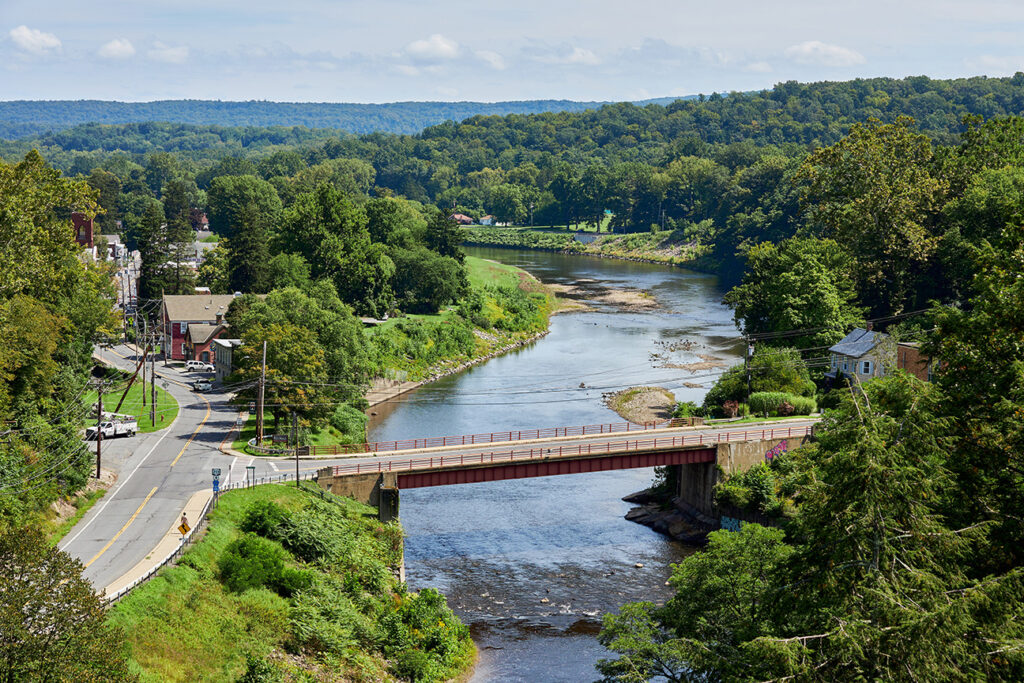
Almost 20 square miles in size, Rosendale was built on commerce and the cement industry, all on land once home to the Lenape people, who hunted and grew crops along the water and in the woodlands.
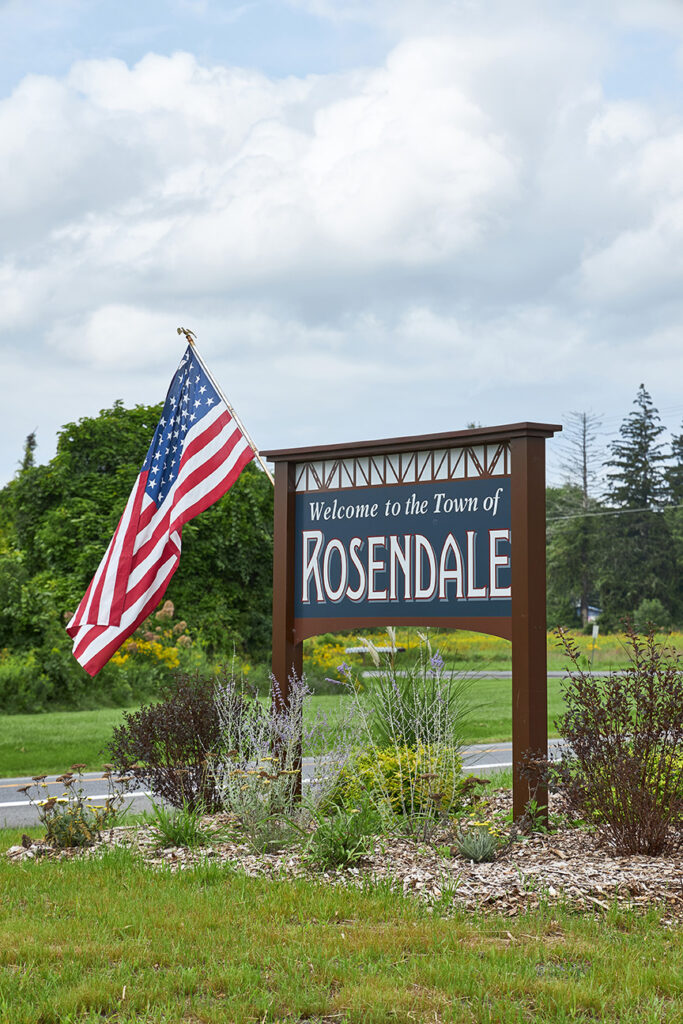
It is a place where people like to visit and live, where an “I Love Rosendale” Facebook page proclaims “Rosendale is weird and we like it this way. Welcome.” The Wall Street Journal described it as a, “serene 19th-century relic,” in a 2022 piece with a headline, “Low Stress Getaway in the Hudson Valley.”
It is creative, and “has bars and hippies and funny little resort areas,” said Maria. “It is said that Ulster County has more artists per capita than any other county in the state.” It also has farms, multi-generational residents, houses of worship, and established businesses.
Maria grew up in Western Pennsylvania, in a community lacking in civic engagement, “not thinking you had a say,” she said. She moved to NYC and began visiting Rosendale in the early 1990s. In 2004, she started a visionary business there, a miniature golf course that featured home-grown food and the farm experience, a garden/golf experience.
These days, she works with Cornell Cooperative Extension to promote local farms with Turning the Tables, a cookbook website that incorporates community-building and sustainable agriculture.
That is the kind of ingenuity that Rosendale attracts, in a region where the hamlets of Binnewater, Bloomington, Bruceville, Cottekill, Creeklocks, Hickory Bush, Lawrenceville, Lefevre Falls, Maple Hill, Tillson, Whiteport and parts of High Falls weave amongst land preserves and forests.
Being but 90 miles from the city, and an easy bus ride from Port Authority to Rosendale, the town is attracting more year-round residents and visitors in the era of working remotely. They purchase real estate or find lodging at the increasing number of short-term rentals. During the pandemic, people streamed north to get away from the city.
“As a result of COVID, people started taking rental units off the market because they were getting more for short-term rentals,” said Andrew Willner, who worked with a group of committed Rosendale residents to secure a Community Heart & Soul Seed Grant for the town in 2022. The supply of available affordable housing is shrinking, a trend that continues.
Those who work in Rosendale for local businesses, for non-profits, tradespeople, and as volunteers are finding it difficult to afford to live in Rosendale. But they want to be there.
Andrew, a longtime planner, and member of various municipal boards and committees, envisions affordable and low environmental impact housing in Rosendale. Maria gets enthused about ideas, like the large semi-abandoned, century-old commercial plaza downtown.
“It is vast,” said Maria. “And it could be made into a live/work space for dozens of people.”
And while the housing crunch is not the sole topic weighing on the minds of residents, “it is an issue that people have as we begin to hear their stories,” said Andrew. “That is one of the things our neighbors talk about.”
As well as the cost of living in a town where the average income is a little more than $61,000 and 10 percent of the population live below the poverty line.
“To be frank, mine is one of the many families living under the poverty line,” said Ruthie Boumboume, coordinator of the Rosendale Heart & Soul project.
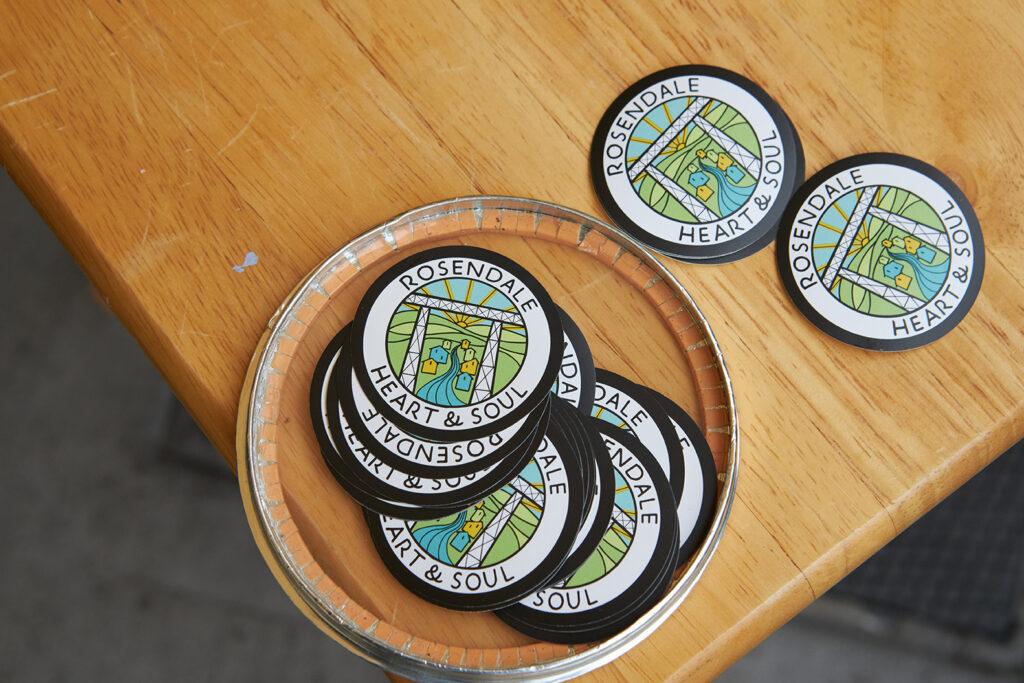
Originally from neighboring Sullivan County, she has lived in Rosendale on and off since 2000, and because she and her young family have a stable rent, she regards herself as, “definitely one of the fortunate ones.”
Others do not.
“There is a small house right next to the gas station, nothing special, that is being sold for nearly $300,000.,” said Ruthie. “It is not possible for us to actually own a piece of Rosendale.”
But the short-term rental market also provides a welcome revenue stream to financially strapped property owners who have lived in town for years and now rent rooms, apartments or full houses to eager visitors.
It is contrasted, however, by property investors who have acquired houses formerly rented for the long-term and have converted them to more lucrative short-term rentals.
“Everyone is looking at Rosendale in the same way: They all want to be here,” said Ruthie.
“Yet it is a struggle for those who want to be here,” said Maria.
Which is where the Community Heart & Soul project helps by listening to residents.
During COVID, when committees and groups could not meet in person, “a lot of our regular business was not getting done,” said Andrew. “If you cannot have face-to-face conversations, you do not get as much accomplished. COVID was both the inspiration for and reason that we decided it was time to come up with another way of addressing local issues.”
He proposed Community Heart & Soul to the Economic Development Committee.
“There was consensus,” he said. “We investigated and brought our Town Board liaison into the discussion. She thought it was a terrific idea, as well.”
This idea, he said, “gave us hope that something good would come out of a desperate situation.”
That situation resulted from the abrupt pandemic forces, felt, particularly in small towns, where tourist businesses are the heart of the economy,
At first, people stopped visiting Rosendale. Then, people came and stayed for months but weren’t yet connected to the community.
As Heart & Soul volunteers expanded into the community, conversations were revealing. They visited farmer’s markets, and a food truck and music festival held at the fire department’s parking lot.
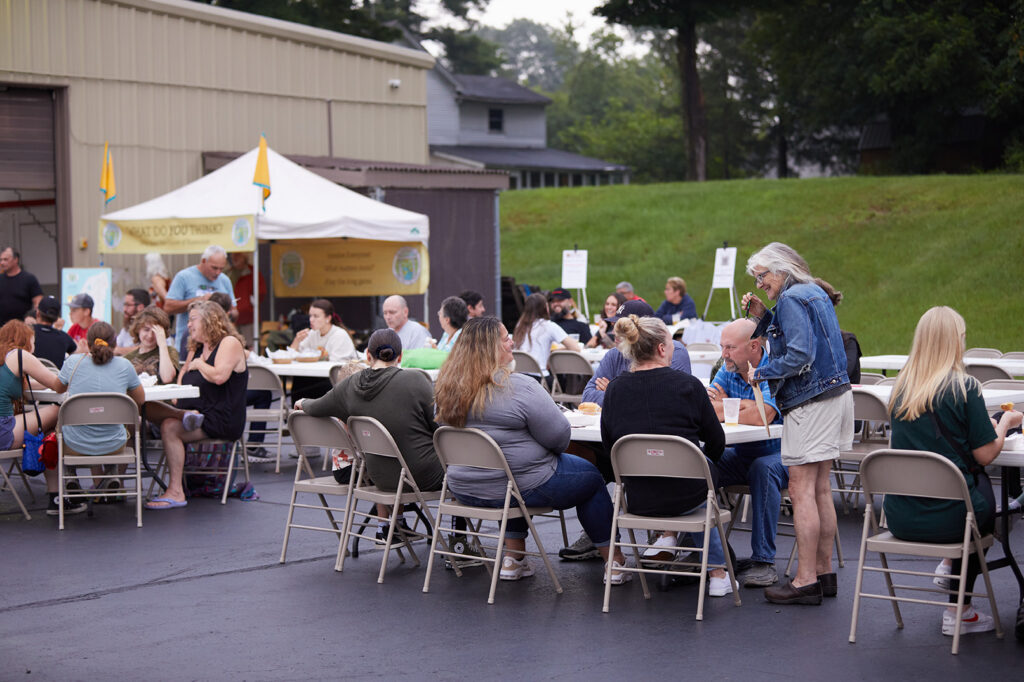
At the latter, they learned of public safety concerns, especially about declining volunteerism. The younger generation, firefighters told them, are not joining the fire department, an institution vital to every community.
“The firefighters told us about their tradition of volunteerism, and how they feel about the town,” said Andrew. “And people who visited the food truck festival were a different demographic from people we saw at the farmer’s market, and other places where people gathered.”
He has learned over the years as a planner that a community works better when it is empowered from within.
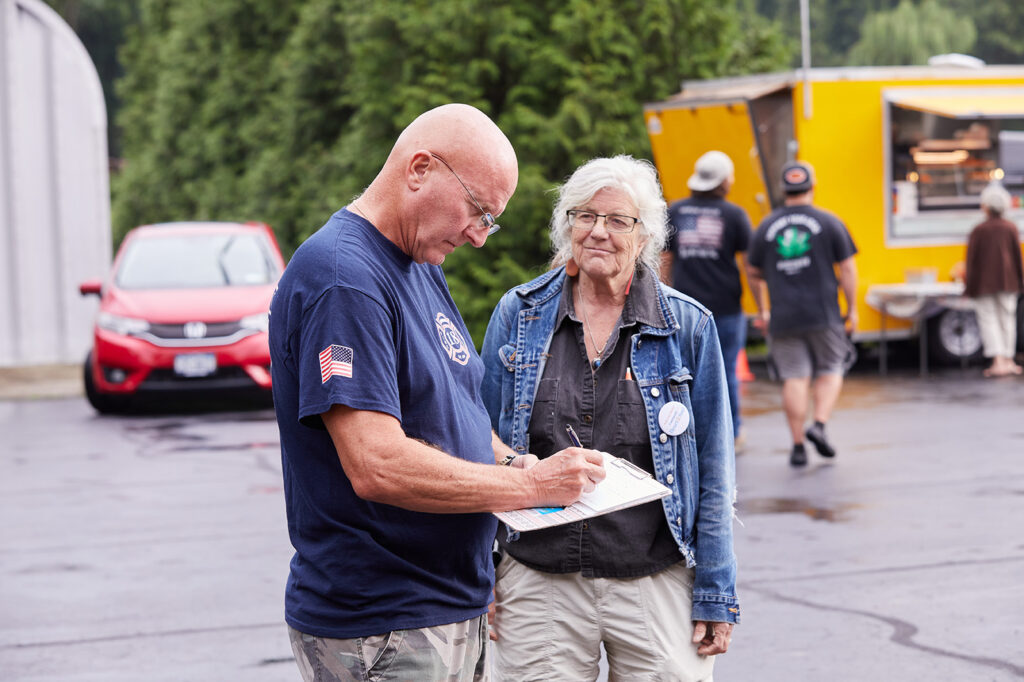
“That is the way you get things done,” he said. “Let people lead the process. The community makes decisions based on what they learn from each other. Having the structure of Community Heart & Soul gives us the opportunity to be creative in that structure.”
Ruthie wants all of Rosendale involved with the project, not just those who are already actively engaged.
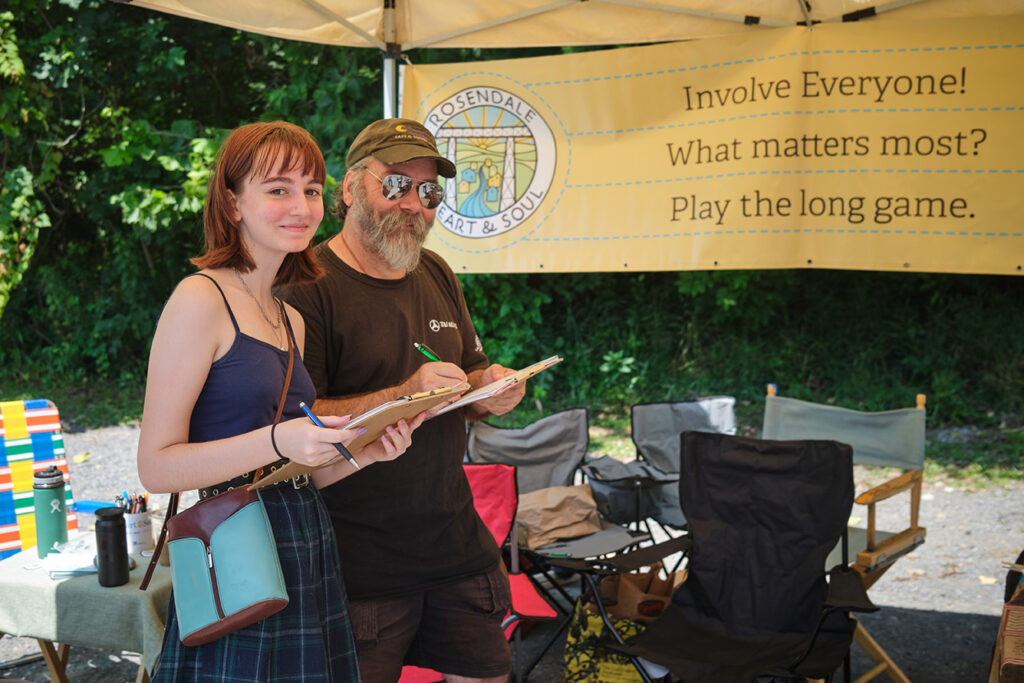
“I would love for them to feel they are accepted in their own town and know they can join and be part of everything, instead of feeling powerless, uneasy or pushed out,” she said. “All people, the tradespeople and artists and rich folks, we could all be united in our love for this beautiful unique area.”
She is firm that the project be about the residents.
“People are not used to having a real say,” she said.
“This is about all of us,” she tells fellow Rosendale residents. “So tell us what it is you love about our town and if there are changes you would like to see.”
Want to bring Community Heart & Soul to your town? Apply for a $10,000 Community Heart & Soul Seed Grant to get started. Learn more at: www.communityheartandsoul.org/seed-grants
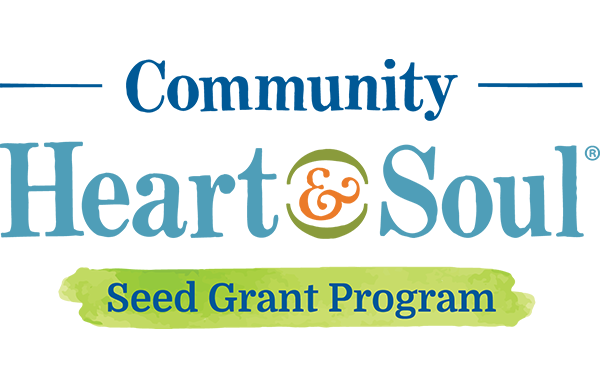
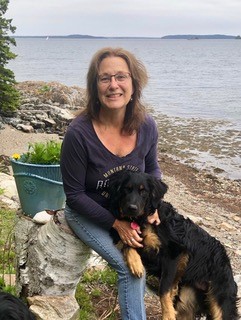
Lynda Clancy is editorial director of the Penobscot Bay Pilot, an online community hub that covers a large region of coastal Maine. The beauty and complexity of small towns have inspired her as a writer and photographer since the 1980s. An award-winning journalist, she serves on the Maine Press Association’s Board of Directors, the Maine Legislature’s Right To Know Advisory Committee, as well as local community nonprofits and municipal committees.


